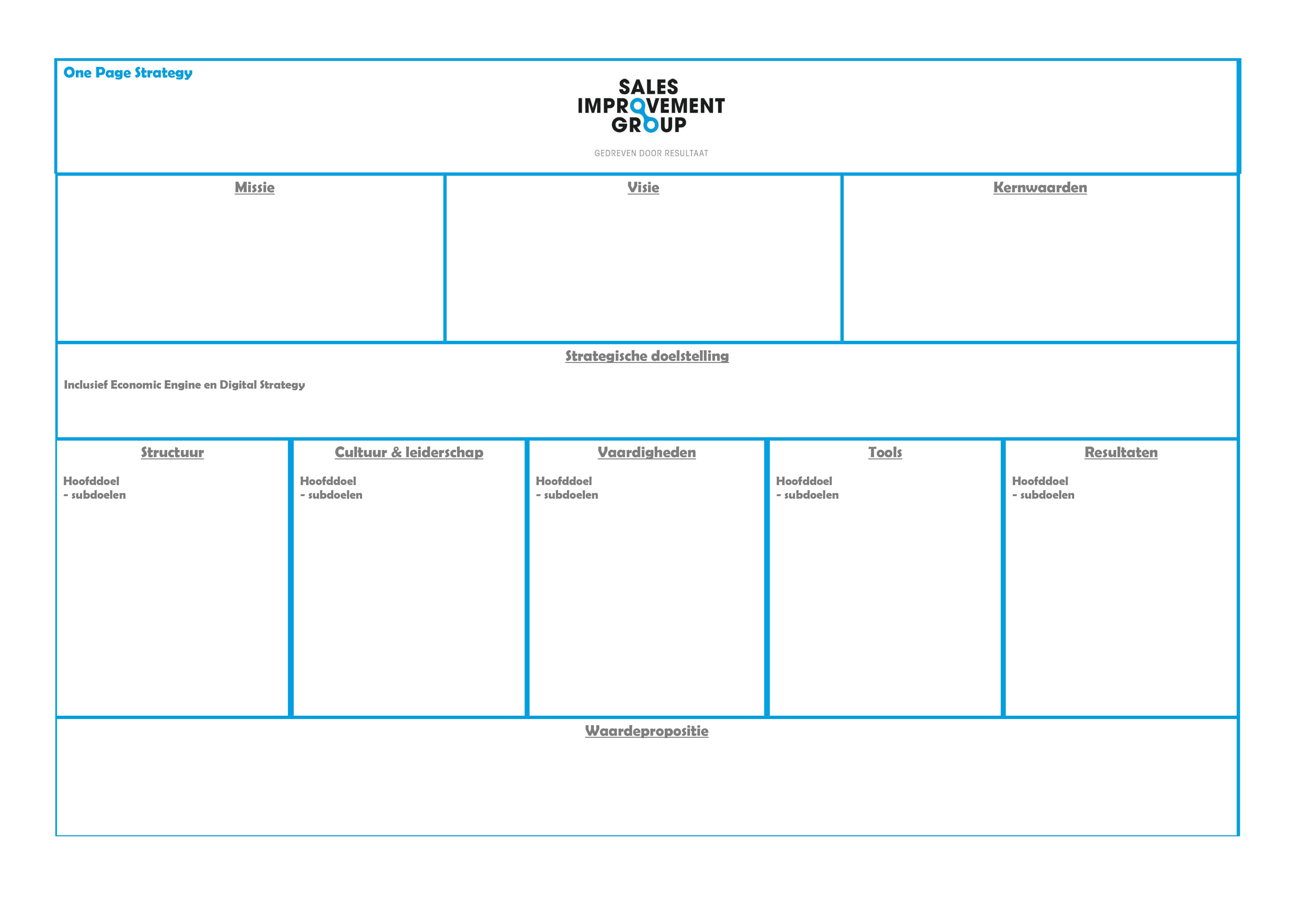What is a value proposition and how do you develop it?


Last update on: 1 Sept 2025
Reviewed by: ![]() Michel van Hesse
Michel van Hesse
A value proposition is very important for businesses. A value proposition indicates why customers choose your product or service, as well as your organization. This way, you can differentiate your offering in an extremely competitive market. Customers have a better understanding of why they should choose you, and sales skyrocket. Furthermore, customers become more loyal because you prove that you offer genuinely valuable products. Every entrepreneur wants that. But what does a value proposition entail? And how do you develop a good value proposition for your business?
Contents:

Before you can start thinking about developing a value proposition for your company, you need to understand the definition of a value proposition. A value proposition is a positioning strategy in which you explain what value your product or service has for a customer. It is a summary of the benefits that your offering provides to the customer. Additionally, a value proposition outlines which problem your product or service solves for the customer. You clearly state why your offering excels in this aspect compared to that of the competition. You focus not only on the offering but also include the unique characteristics of your business. Why is your product and your business better equipped to help the customer than the competition?
A value proposition includes at least the following elements:
By answering the above questions, you create a clear picture of your product and the unique features and value you offer. This will lead to increased sales, which is crucial for your business in the long term. Without a proper positioning strategy, there is a significant risk that the launch of your product or service will fail or that sales will stagnate. Therefore, make sure to also have a good sales plan.
The value proposition is also a crucial foundation for your marketing efforts. With a well-developed value proposition, you have a better understanding of whom and how you want to sell your products. All marketing efforts can build upon this foundation. There is no need to devise a separate positioning strategy for marketing since it is already prepared in the form of the value proposition. For example, your company's slogan should align seamlessly with the core of your value proposition. Which theme is central to your value proposition? A good slogan should reflect this seamlessly.
While developing a value proposition, you also determine whether your product or service has a chance of success. You investigate whether there is a target audience for your offering and whether this market is large enough. The value proposition forces you to think critically about the problem your offering solves and how you genuinely add value. It encourages you to take a close look at your offering and make necessary adjustments if needed.
The One Page Strategy template looks like this:

That a value proposition is very valuable for launching your product in the market is clear. But how do you create a good value proposition?
To create a good value proposition, you need to have a clear understanding of several aspects of your business and services. A Business Model Canvas or a One Page Strategy, along with its derived Unique Business Value, can help. A One Page Strategy is an effective way to develop or change business models. This handy sales tool is used to visually represent the core of a company. You examine the value proposition and target audience of your organization, as well as revenue and expenses. Partners of your business and the core values of your company are also reflected on the One Page Strategy. By summarizing all these elements on one canvas, you can quickly and clearly discover connections.
The One Page Strategy consists of a total of 10 components. The value proposition is at the core, and all other aspects revolve around it.
When filling out a One Page Strategy, you always start by defining your target audience. This is crucial for the value proposition. Then, you can step by step look at the other segments of the model.
After completing the One Page Strategy, the next step is to create a Unique Business Value. This allows you to focus even more specifically on the value proposition, particularly on customer needs. It forces you to think about your customers. Are your customers actually waiting for a new product? And how can you ensure that your product aligns perfectly with their problems or needs?
Are you hesitant to present the value proposition objectively to customers, perhaps because you're afraid you're not distinctive enough? Take a critical look at your service or product. Presenting an incomplete or distorted picture to customers won't benefit you.
Sooner or later, customers will find out the whole truth. It's better to invest in a good value proposition and an honest and authentic presentation. Customers choose not only the product or service but also your company. There can be a lot of added value for customers in this as well.
Let's summarize the benefits of a good value proposition:
Now that you understand why a strong value proposition is so important, we'd like to explain how to create a commercial proposition.

When creating a proposition, it's often based on the products you offer in the market. This approach can lead to a 'product push' sales approach, which no longer attracts customers these days. You want to avoid this selling method. Fortunately, there's another way to create a proposition that's highly valuable and meaningful.
The core question of your proposition should be: How am I relevant to my target audience? To answer that question, you go through seven steps.
Once you've gone through the above steps, you have a commercial proposition on paper that you can use immediately. If you want to expand the proposition further, you can do so with elements like a service concept and pricing policy. While these aspects are not necessarily required for the proposition, they can provide your organization with extra commercial strength and help create internal clarity.
Value Proposition: Differentiate yourself in the market. A value proposition is an essential concept for businesses. It explains why customers should choose your product or service and your company. It provides a distinctive positioning in a competitive market and helps customers understand why your offering is valuable.